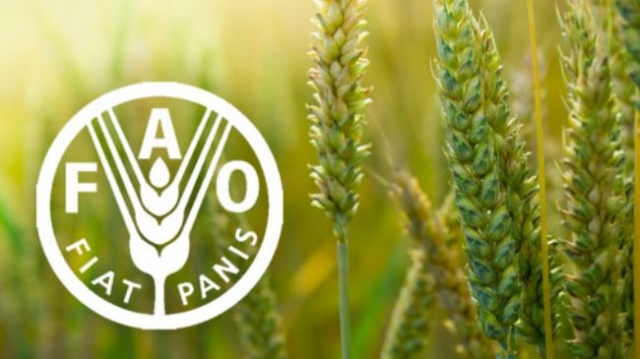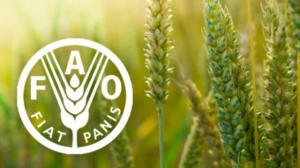Georgian Candidate for Position of UN's FAO Head to Debate in London
On 12 April 2019, two of the four candidates in the running to become the head of the UN’s food body, Catherine Geslain-Lanéelle from France and Davit Kirvalidze from Georgia, will meet in Rome to debate hot-button topics about what’s on our plates.
The event, Beyond Food Security: the Challenges for the Next FAO Director-General, will be hosted by Chatham House (the Royal Institute of International Affairs) and the Italian Institute for International Political Studies.
At the event, the candidates will present their ideas on everything from how to grow enough food to feed 9.7 billion people by 2050 (without wrecking the planet or perpetuating unhealthy diets) to why some corners of the world need to eat more meat while the rest of the world needs to eat less, and debate the issues with leading food and agriculture experts.
In addition to Catherine Geslain-Lanéelle (France) and Davit Kirvalidze (Georgia), the candidates, nominated by their governments, also include Qu Dongyu (China) and Ramesh Chand (India). A fifth, Médi Moungui (Cameroon) has dropped out of the race. The selection will be announced at the end of June. They will replace Brazil’s José Graziano da Silva, who has served since 2011. Bios are available here.
The winner will have to tackle the following hot topics, among many others.
- The role of biotechnology and other advanced tools for farmers. The recent approval in Nigeria of a cowpea variety genetically modified to resist attacks from the devastating pod borer pest indicates changing attitudes in some areas towards biotechnology such as genetic modification. And applications of gene editing in food crops are moving to the market in the US.
- The role of livestock in meeting food challenges. The FAO will play a key role in determining how livestock can be part of a sustainable solution to providing nutritious diets and urgently needed income for poor families in places like Africa and South Asia. Related to this is the issue of the use of antibiotics in livestock and its contribution to the problem of bacteria becoming more resistant to antibiotics, which is making some common infections increasingly harder to treat.
- Feeding billions without wrecking the environment. What are the steps we must take—from water management and control of pollution and greenhouse gas emissions to soil health and energy availability.
- Boosting the resilience of smallholder agriculture against the impacts of climate change. The FAO’s annual flagship report cited mounting evidence that weather extremes caused by climate change are already undermining production of major crops and contributing to hunger, which is rising after years of declining. Adaptation is critical.
- Bolstering food safety. The WHO estimates that contaminated food sickens 600 million people every year and kills 420,000.












